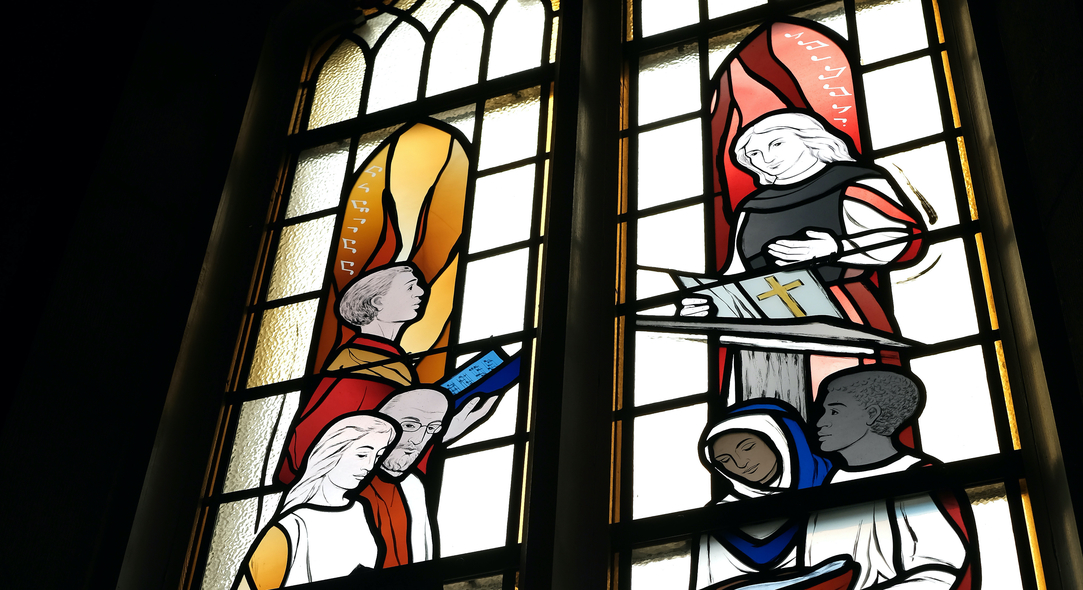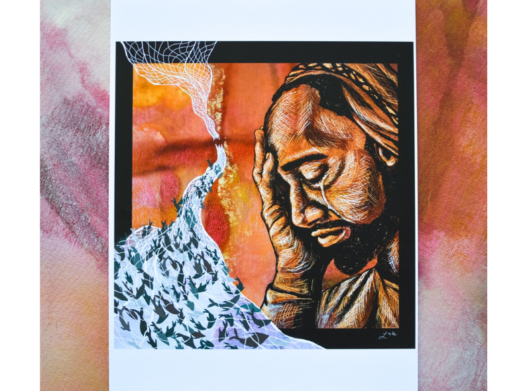Hymn #324
Title: For All the Faithful Women
Author: Herman G. Stuempfle (1923-2007)
The first version of this text was written in 1975 to celebrate the tenth anniversary of the first ordination of a woman in the Lutheran Church in America. Although that was the occasion for the hymn, it is not the subject of the hymn. Rather, the hymn identifies and gives thanks for a wide range of biblical women. A six-stanza version was published in the author’s 1993 collection, but that was greatly expanded to a twelve-stanza version in a 1998 hymnal supplement published for the Lutheran Church-Missouri Synod. From this wealth of material the present text has been assembled.
As presented here, the first stanza serves as a general introduction, stanzas 2 and 3 include two examples each, and stanza 4 has another example in the first half and a summary conclusion in the latter half. Beginning stanza 2 with Miriam is especially appropriate, because her song of praise (Exodus 15:20-21) is generally regarded as part of the oldest layer in the development of Hebrew Scripture. (It was likely the model for the longer Song of Moses inserted before it as some later stage.) Ruth is important here, as she is in the genealogy that opens Matthew (verse 5 in the full 1:1-16), as an example of a non-Jewish woman through whom God’s purposes were accomplished and whose dedication to Naomi’s God is a model for venturesome faith (Ruth 1:16-17).
Stanza 3 moves to the New Testament and celebrates the differing gifts of Martha and Mary (Luke 10:38-42) before closing with Mary Magdalene, whose weeping is turned to joy (John 20:1-2, 11-18). The naming of faithful women continues in the first part of stanza 4 with attention to the often-overlooked Dorcas, who is brought back from death by Peter (Acts 9:36-43) and is the only woman described as a female disciple.
It is significant that the closing summary uses non-gendered terms (“saints and servants”) as a further means of affirming that the lives of theses faithful women are not separate from the witness of the whole church.
-From Glory to God: A Companion by Carl P Daw, Jr.



